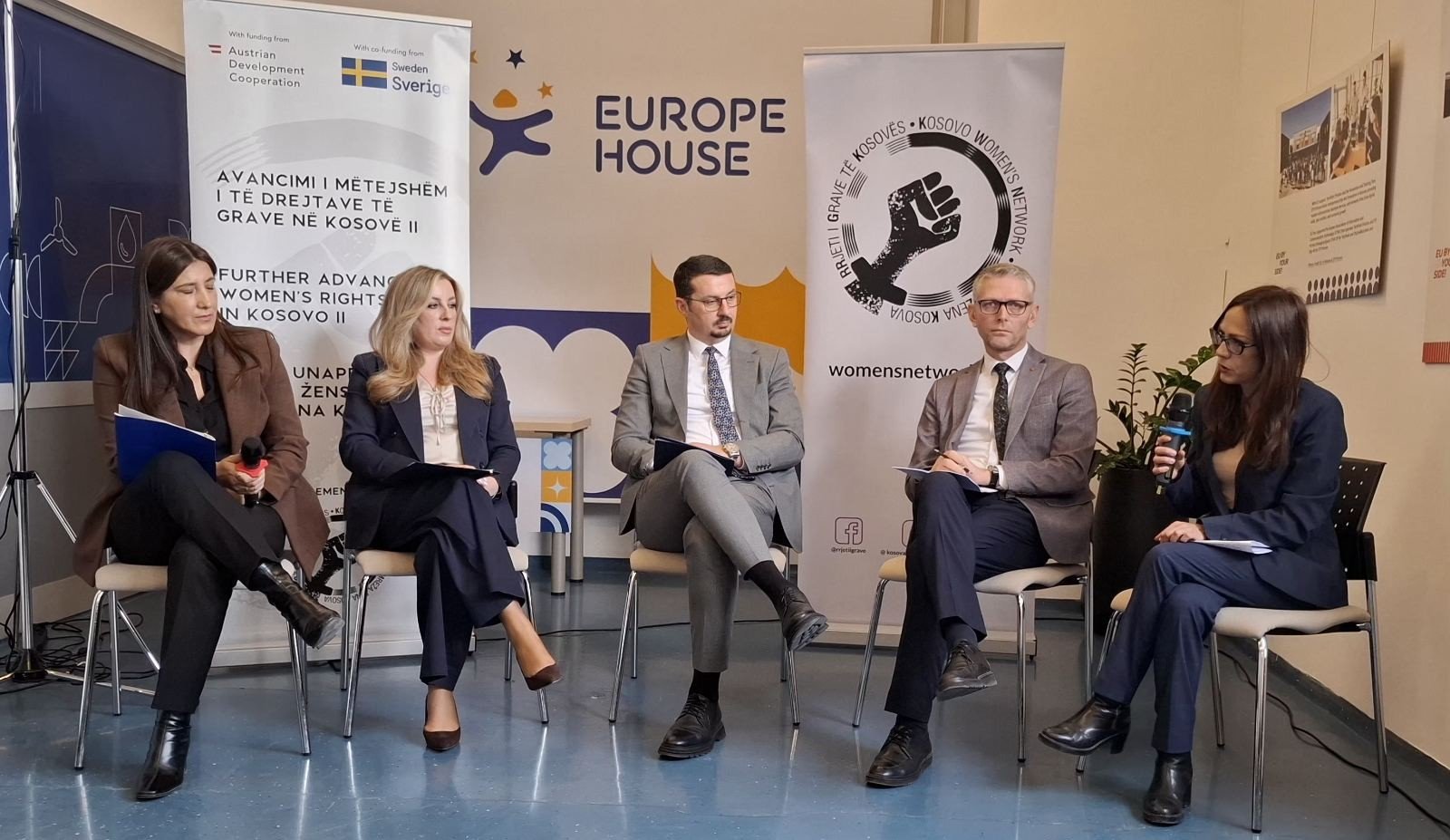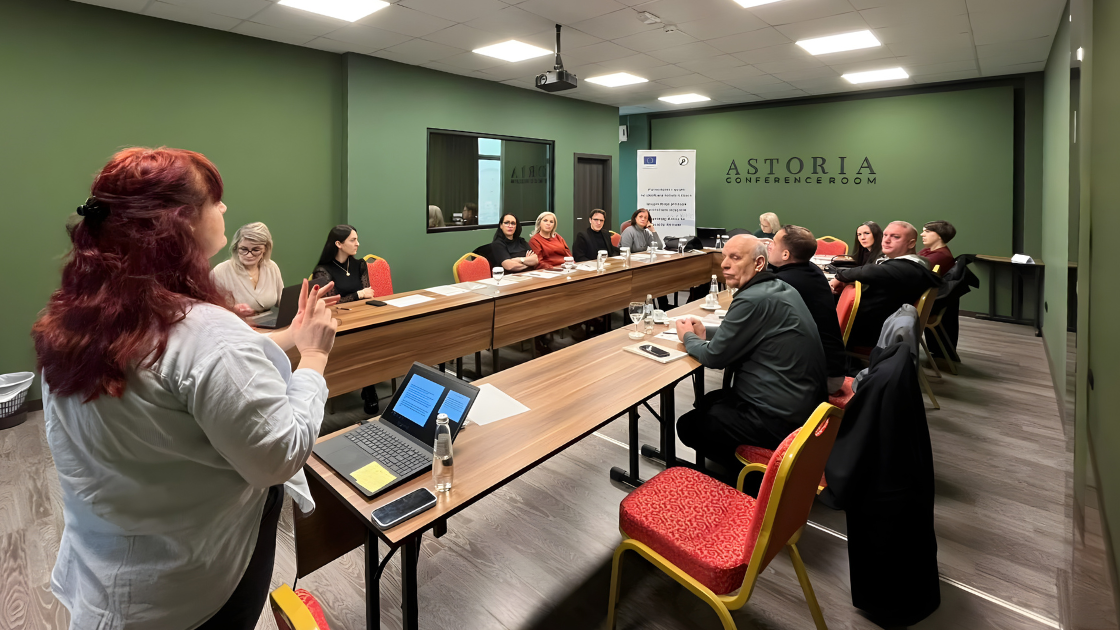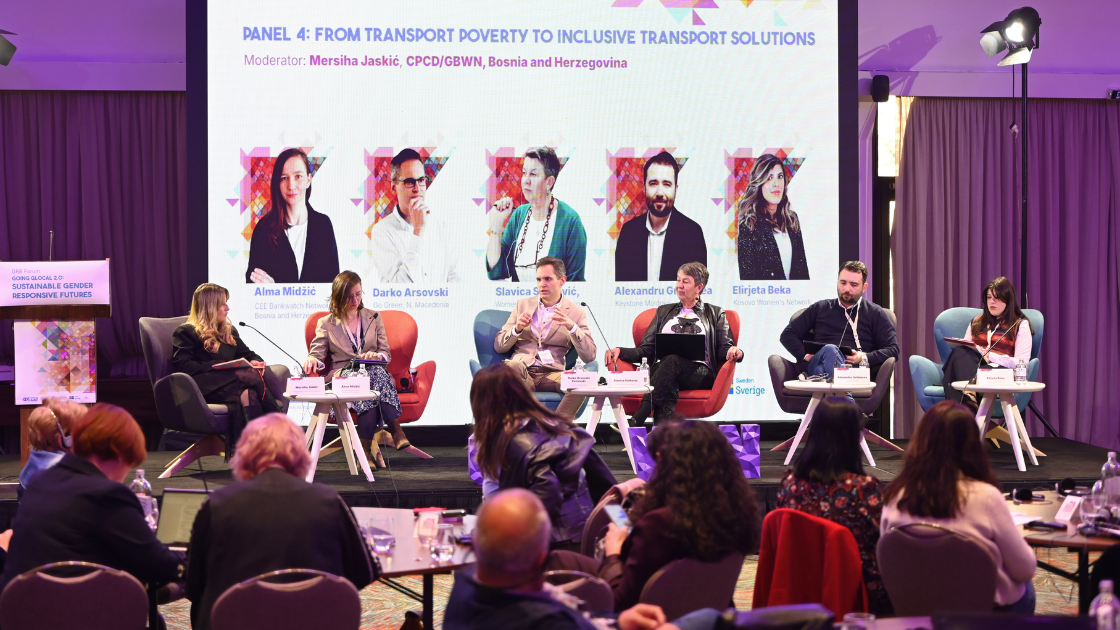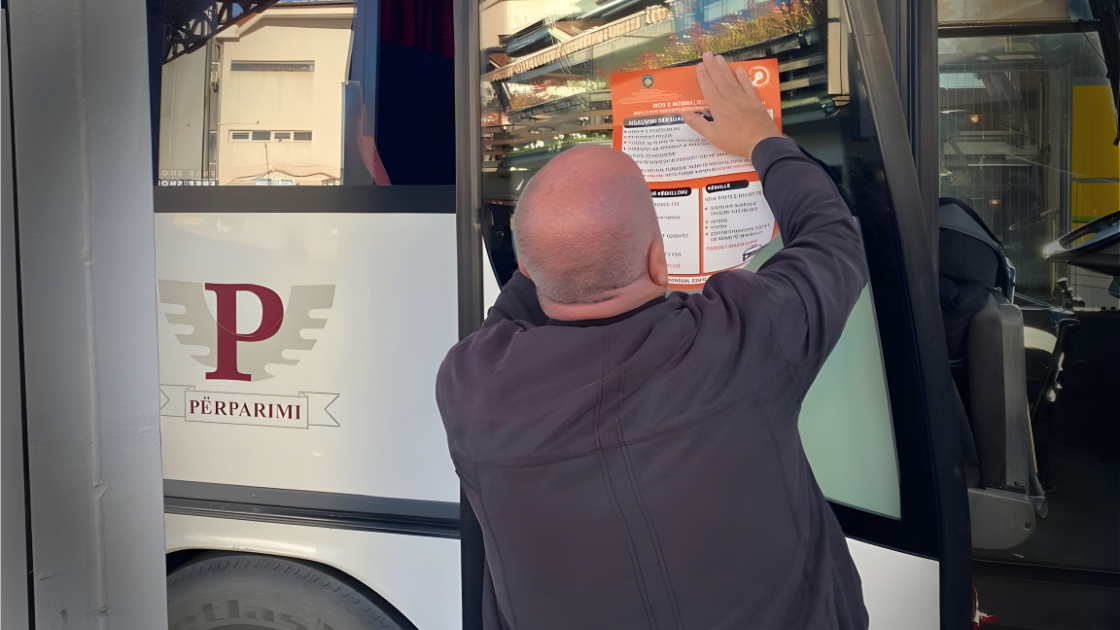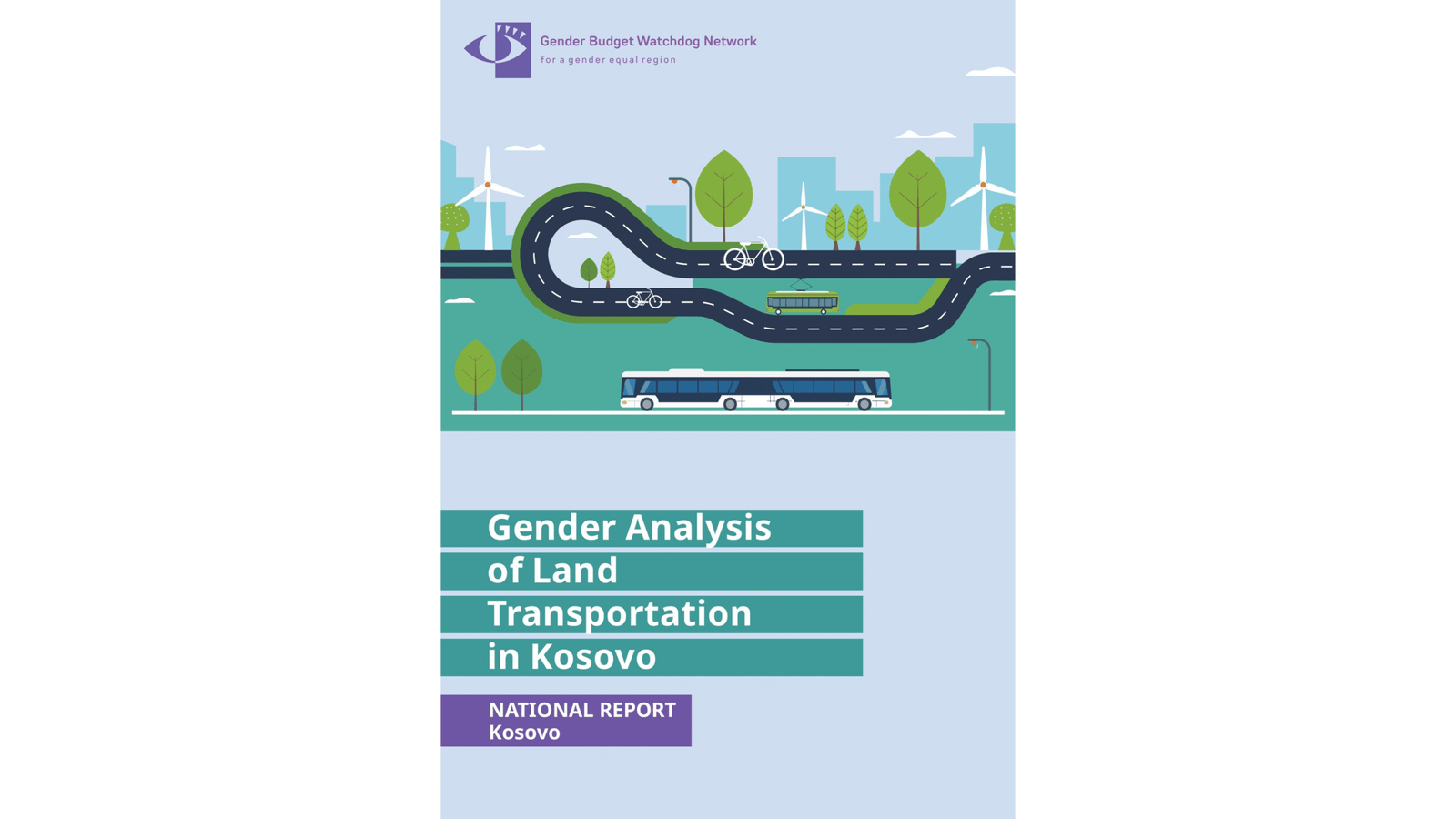“When they put me in prison, I used to sing.” This was Hyrie Hana, who spent her life between the prison and theater.
A strong woman, an unstoppable activist, a shining star of Albanian women’s strength and resistance. Her life was divided between the theater and the prison. Persecuted over the years by the Serbian UDB (B (Uprava Državne Bezbednosti – State Security Administration), due to her ideological beliefs, Hyrie died without having the opportunity to fully shine. She is known as a pillar of the Theater of Kosovo.
She had started working as an actress in 1948 with the creation of the Theater troupe, until 1957 when she was separated from it. During this difficult journey between reality and magical likeness, Hyria performed ten roles in the theater. She is remembered among the profession for her sacrifice during the regime of that time.
She herself said, “My life has been wasted, theater-prison, prison-theatre. There came a time when I didn’t know if I was playing a role in prison or on stage,” said Hyrie Hana.
Hyria and her family were persecuted by the Serbian UBD for years because of their ideological beliefs. They also killed her only brother, Xheladin Hana, leaving Hyria with pain and suffering throughout her life.
Her colleagues remember her as one of the rare courageous women who faced both prison and all the tragedies that had happened to her family. The actress Safete Rogova said that Hyrie Hana was one of the first actresses, together with Meribane Shala and Katerina Josipin, who stepped on the stage since the Regional Theater was founded in Pristina.
“From the first rehearsals, Hyria took on a significant role. When the premiere was approaching, Hyrie was forbidden to go on stage, and the show failed because the UDB called her and did not let her participate in the premiere of the show, imprisoning her,” said Rogova in a television documentary about the life of Hyrije Hana.
Hana did not give up; she tried her luck in the theaters of Mitrovica, Gjakova, and Skopje, but even there, the Serbian regime persecuted her and did not let her be free on stage.
Hyria was also the first announcer at the first radio station in Prizren in 1945 and then worked at Radio Prishtina in 1946.
Hyrie remains in the hearts not only of those in the theater but also in human memory, as a shining star of the strength and resistance of Albanian women. Hyrie Hana was born in 1929 and passed away in 2004.


